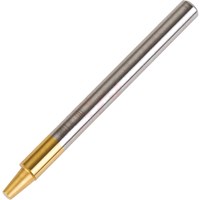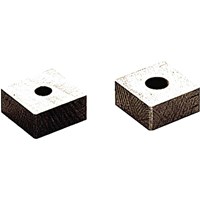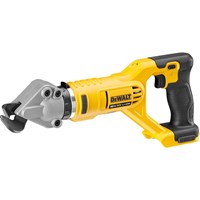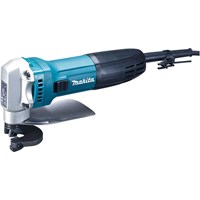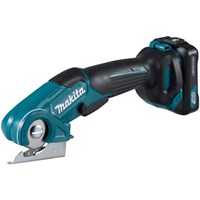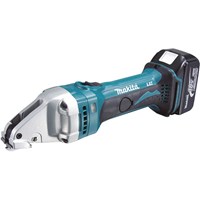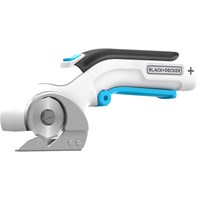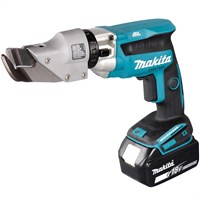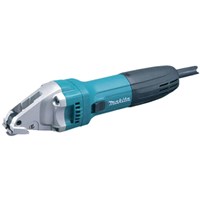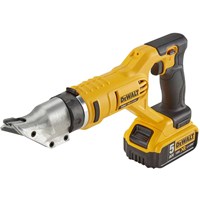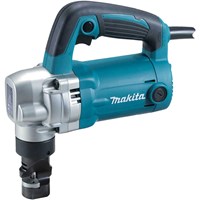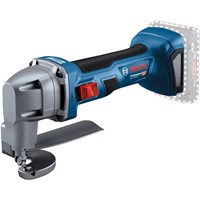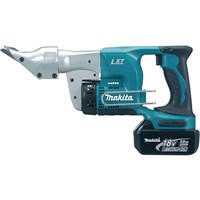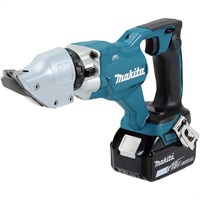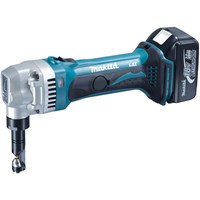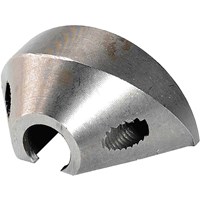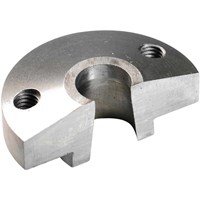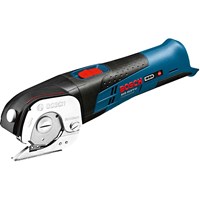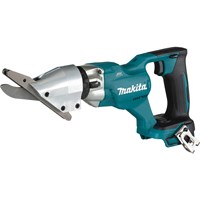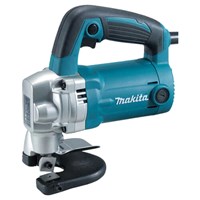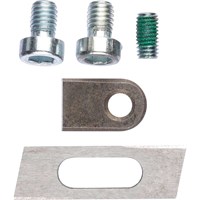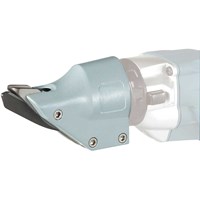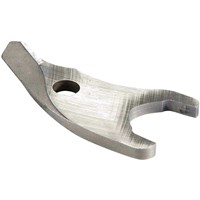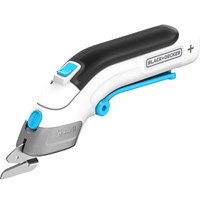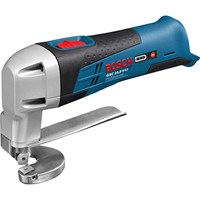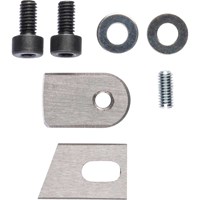Nibblers & Shears
Pay in 3 interest-free payments on purchases from £30-2000 with ![]() . Learn more.
. Learn more.
 Loading...
Loading...
End of content
Error - No more pages to load
About Nibblers & Shears
Nibblers and shears are specialised power tools designed for cutting sheet metal and various other materials with precision and minimal effort. Electric nibblers work by rapidly removing small semicircular pieces of material, making them ideal for tight curves, intricate cutouts and corrugated profiles in sheet metal up to around 4mm thick. Power shears operate more like motorised scissors, excelling at straight cuts and gentle curves whilst generating far less waste material than nibblers. Both tools significantly reduce fatigue compared to manual cutting methods and deliver consistent, professional results on demanding job sites.
MyToolShed.co.uk stocks both corded 240v models for workshop use and cordless 18V battery-powered options from leading brands including Makita, Milwaukee, DeWalt and Bosch. Whilst sheet metal cutting remains their primary application, certain models are also suitable for cutting PVC sheeting, carpet, cardboard and leather, making them versatile additions to any professional toolkit.
Applications
Nibblers and shears are indispensable across numerous trades and industries:
- HVAC Engineers: Cutting galvanised steel and aluminium ducting with minimal distortion
- Roofing Contractors: Trimming metal roofing sheets, flashing and guttering materials on site
- Sheet Metal Fabricators: Precision cutting of mild steel, stainless steel and aluminium
- Automotive Body Repair: Cutting body panels and custom fabrication work
- Electrical Contractors: Creating knockouts in metal enclosures and cable trays
- Shopfitters: Cutting composite panels and aluminium cladding materials
- Maintenance Engineers: On-site repairs requiring precision metal cutting
- DIY Enthusiasts: Home renovations and classic car restoration projects
Choosing The Right Nibblers & Shears
Nibbler or Shears? Choose nibblers for tight curves, small cutouts and corrugated materials. Opt for shears when you need straighter cuts, cleaner working conditions, or when working near sensitive equipment where metal swarf could cause problems.
Power Source: Corded 240v models deliver constant power for heavy-duty workshop use, whilst 18V cordless tools offer excellent portability for site work. Consider models compatible with battery systems you already own to maximise value.
Cutting Capacity: Match the tool's capacity to your typical material thickness. For general HVAC and roofing work, 1.5-2.5mm capacity suffices. Metal fabricators working with heavier gauge materials should consider 3-4mm capacity professional models.
Build Quality: Professional tradespeople should prioritise robust construction with metal gearboxes and quality die sets. Look for comfortable grip designs with good weight distribution, particularly for overhead cutting work.
Safety Information
Always wear safety glasses or a face shield, as both tools can eject metal particles at high speed. Nibblers generate substantial sharp metal swarf – wear cut-resistant gloves when handling materials and clearing waste. Ensure adequate workshop ventilation when cutting coated or galvanised metals. Never disable blade guards or safety features, and always disconnect tools from power sources before changing dies or blades. When using corded tools on site, ensure they're protected by RCD devices rated to current UK electrical safety standards.
Frequently Asked Questions
What's the main difference between a nibbler and power shears?
Nibblers cut by removing small semicircular pieces of material, making them excellent for tight curves but producing lots of metal swarf. Shears work like powered scissors, offering cleaner operation with minimal waste but typically can't navigate curves as tightly.
How thick metal can these tools cut?
Most professional nibblers and shears available at MyToolShed.co.uk handle mild steel from 1.5mm to 4mm thickness. Always check the specific cutting capacity for your material, as this differs for mild steel, stainless steel and aluminium.
Are cordless models powerful enough for professional use?
Modern 18V cordless tools from quality brands like Milwaukee, Makita and DeWalt deliver performance comparable to corded models for most applications, making them ideal for site work where portability matters.


